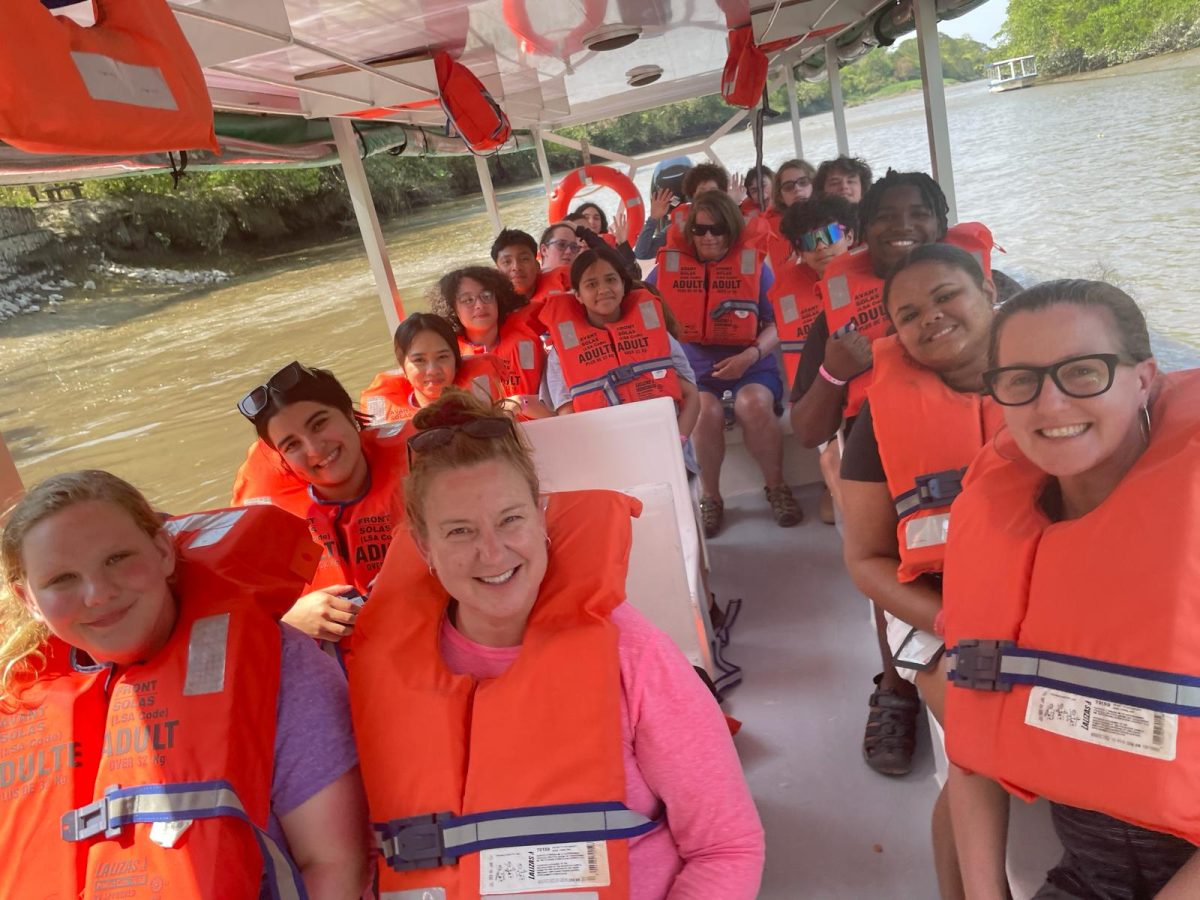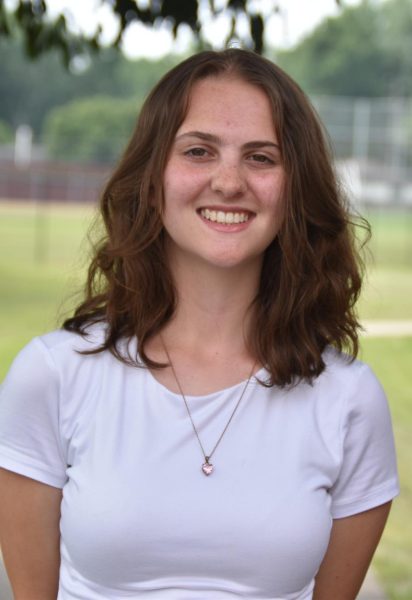When English teacher Dawn Fowerbaugh saw two seniors wading in the ice-cold water of an Ireland beach, she knew that she was doing something special.
The Southport Travel Club, currently run by Fowerbaugh, English teacher Sam Hanley and Spanish teacher Connor McNeely, has given vacation opportunities to dozens of students for 20 years.
“It gave me an insight of what other people are living through and their cultural experiences and how different it is,” senior Ivan Rivera, who attended the Costa Rica trip last summer, said. “We actually got to learn a lot of interesting facts that we would learn in school but actually experienced it in person.”

The group travels with the program EF Tours, which has dozens of different locations and tours to choose from. Cost, time and educational value are the main factors considered when choosing a location for the trip. Sizes of these groups depend on each year, ranging anywhere from 10 to almost 40 participants, and there are positives and negatives to each.
Fowerbaugh says that travelling with a larger group leads to having more privacy, with their own bus and tour guides. However, having a larger group in the past has led to difficulty in getting the entire group to bond, whereas smaller groups are more likely to maintain the bonds they make.
These opportunities aren’t just limited to students. Parents and even entire families are welcome to enroll for the travel opportunity. Although the cost of going on a group trip can be higher than travelling alone, every student has the option to create a fundraising page for others to donate for their trip.
“Even though it’s probably a little bit more expensive than doing it on your own, you’re so immersed in the culture, and you meet other people,” Fowerbaugh said. “It’s phenomenal.”
For their latest trip, Fowerbaugh took a group of 10 students to Costa Rica, a trip which was full of obstacles, including flight delays, missed connections, surprise rebookings and even sleeping in the airport. However, she views these obstacles as learning opportunities and chances for students to gain skills in dealing with stressful, real world situations, while Rivera says that the experience has made him even more inclined to travel.

“It’s more than just traveling,” Fowerbaugh said. “It’s the whole idea of navigating through an airport, and ‘What do you do if your airline gets cancelled? What do you do if you miss your connection?’”
Fowerbaugh’s upcoming trip in 2026 will take place in both France and Spain over the course of 10 days, where she hopes to provide unique opportunities for French and Spanish learners as well as native Spanish speakers. Her hope is that trips will be able to happen every two years, with her, Hanley and McNeely rotating roles as they continue to support students’ traveling ambitions.
“What’s nice about these trips is basically you get a taste of a country … ” Fowerbaugh said. “You experience just little tastes of the culture. And so what that does is makes you become a travel bug, because you do fall in love with it.”



